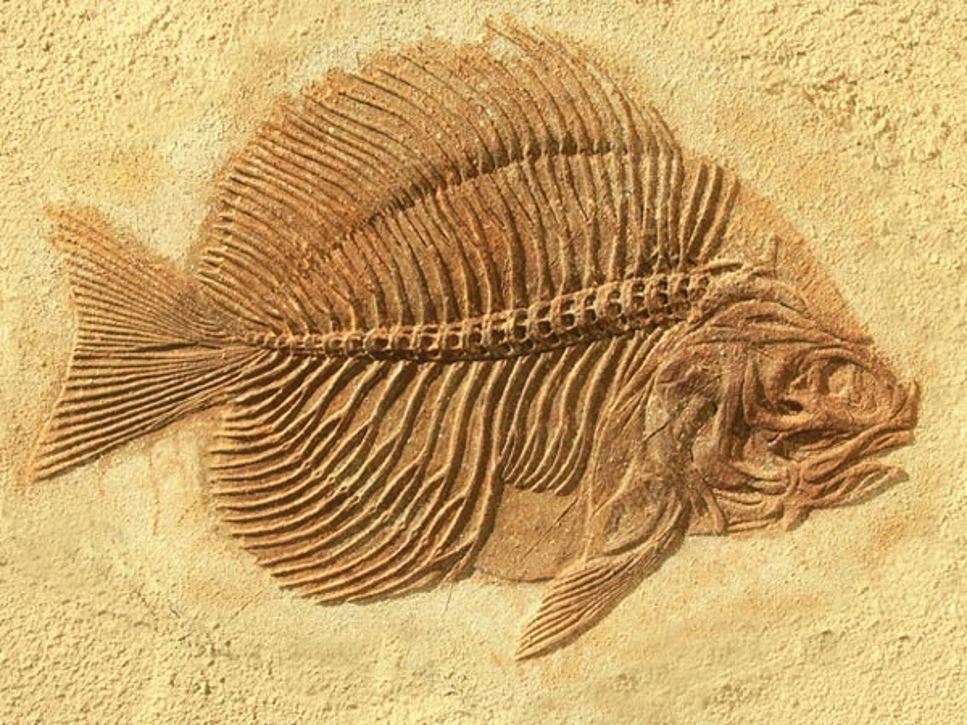The Paleo diet (short for Paleolithic), sometimes called the "Caveman" or "Stone Age" diet, centers around the idea that if we eat like our ancestors did 10,000 years ago, we'll be healthier, lose weight and curb disease. That means a focus on foods that can be hunted, fished or gathered: meat, fish, shellfish, poultry, eggs, vegetables, roots, fruits and berries. That also means no grains, dairy, legumes (beans, lentils and peas), sugar or salt. Why? According to proponents, our bodies are genetically predisposed to eat this way. They blame the agricultural revolution and the addition of grains, legumes and dairy to the human diet for the onset of chronic disease.
On one hand, this way of eating encourages the inclusion of more fruits and vegetables — which aligns with the Dietary Guidelines for Americans. But a typical Paleo plan may exceed the recommendations for daily fat and protein intake and fall short on carbohydrate recommendations. The exclusion of whole grains, legumes and dairy can be risky as well. These foods are nutrient-rich and contain important vitamins and minerals.
Whole grains contain dietary fiber, which may help reduce the risk of heart disease, certain cancers and Type 2 diabetes, as well as other health complications. And, recent archeological studies have found evidence that humans living during the Paleolithic era did in fact eat grains. How early humans ate varied drastically depending on where they lived. There is no one “Paleolithic diet.”
As with any diet trend, the Paleo diet might also be hard to sustain, and eliminating entire food groups and types of foods increases the risk for disordered eating. We live in a society where it is not possible to eat exactly as our ancestors ate. For example, wild game is not readily available as most of the meat we consume has been domesticated and is produced on mass scale. Food also has become an important part of our culture including celebratory meals and social gatherings.
Before beginning any diet plan, work with a registered dietitian nutritionist who will assess your food and medical history and develop a personalized nutrition plan to suit your lifestyle and preferences.
Find a Nutrition Expert
Looking for credible nutrition information and recommendations? The Academy of Nutrition and Dietetics' network of credentialed food and nutrition practitioners are ready to help!

